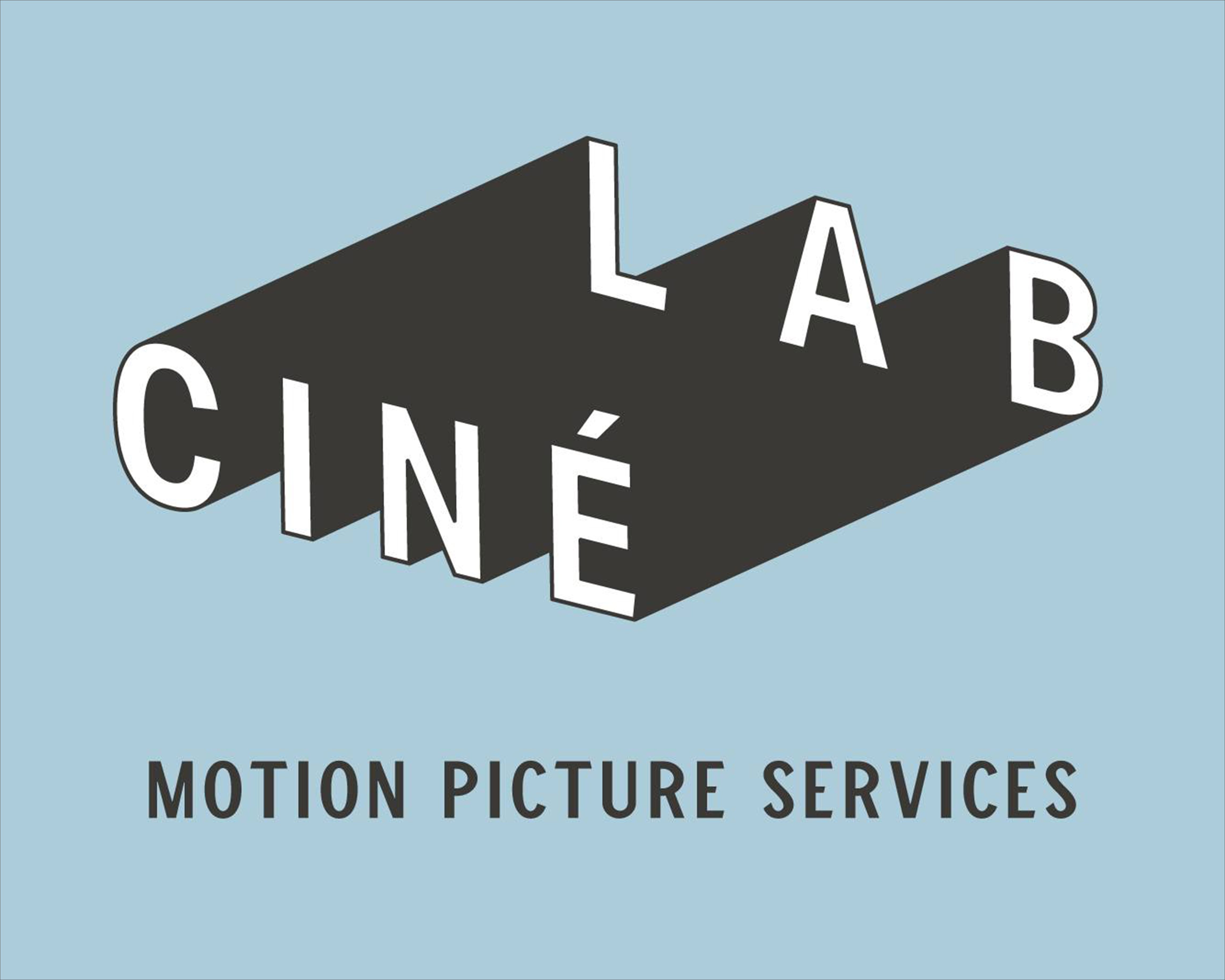Jared Isham
Member
Hello,
I am an aspiring director with hopes of doing something I am not entirely embarased to show people. I guess I just happen to be someone who hates everything they do. Well anyway, to my point. I am looking for a book of some sort that covers directing, not so much directing actors - I have an awesome book already for that, I recommend it to anyone who wants to be a director, producer, and even an actor; some very good philosophies can be applied for any leader on set and is a great tool for actors to learn from; the book is called "Directing Actors" by Judith Weaston - back to my point.
I am looking for a book that goes into detail about telling your story as a director, visually. If anyone of you have found the gold mine book I'd love to hear about it.
Thanks for your help.
I am an aspiring director with hopes of doing something I am not entirely embarased to show people. I guess I just happen to be someone who hates everything they do. Well anyway, to my point. I am looking for a book of some sort that covers directing, not so much directing actors - I have an awesome book already for that, I recommend it to anyone who wants to be a director, producer, and even an actor; some very good philosophies can be applied for any leader on set and is a great tool for actors to learn from; the book is called "Directing Actors" by Judith Weaston - back to my point.
I am looking for a book that goes into detail about telling your story as a director, visually. If anyone of you have found the gold mine book I'd love to hear about it.
Thanks for your help.





